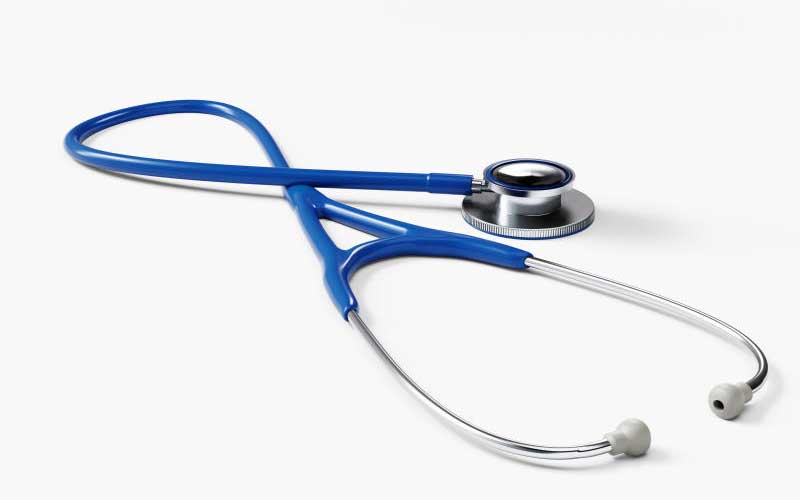×
The Standard e-Paper
Fearless, Trusted News
 Many of us tend to dismiss pain and certain symptoms until they become unbearable. Sometimes it’s because we convince ourselves that the symptoms are nothing to worry about and decide to “tough it out,” or we might be in denial because we’re afraid of getting diagnosed with a serious condition. According to a study published in the British Journal of General Practice in 2015, almost half of cancer patients ignore early warning signs such as a persistent cough or an unexplained lump.
Many of us tend to dismiss pain and certain symptoms until they become unbearable. Sometimes it’s because we convince ourselves that the symptoms are nothing to worry about and decide to “tough it out,” or we might be in denial because we’re afraid of getting diagnosed with a serious condition. According to a study published in the British Journal of General Practice in 2015, almost half of cancer patients ignore early warning signs such as a persistent cough or an unexplained lump.